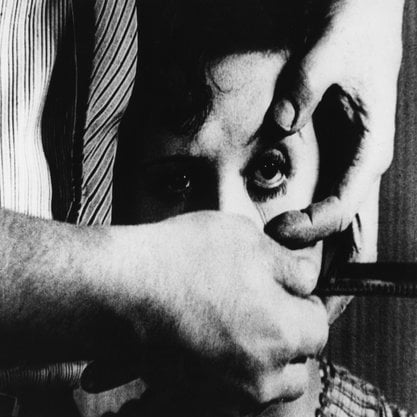Article
Hawks, Howard (1896–1977) By García-Mainar, Luis Miguel
Article
Born Howard Winchester Hawks in Goshen, Indiana, to a wealthy industrialist family, he is considered one of the major directors of the classical Hollywood studio era. He was not a film stylist, but worked within mainstream studio formulas and avoided spectacular flourishes. Hawks was a versatile professional who excelled in every major film genre and contributed to establishing several of them, such as the gangster film with Scarface (1932), the screwball comedy with Bringing Up Baby (1938), or the adventure melodrama with Only Angels Have Wings (1939). His status changed from mere studio director to artist when French critics advocated the politique des auteurs in the 1950s and 1960s and hailed him, together with Alfred Hitchcock, as the paradigm of the American auteur. Henri Langlois (1963) considered him to be the leading modernist American director given that he embraced Functionalism and rejected Impressionism and ornament. To Peter Wollen, his films had the perfection of well-designed machines. His love of speed and aviation both confirmed him as the new modern man and revealed his taste for the values of traditional heroic adventure (1996: 8).

